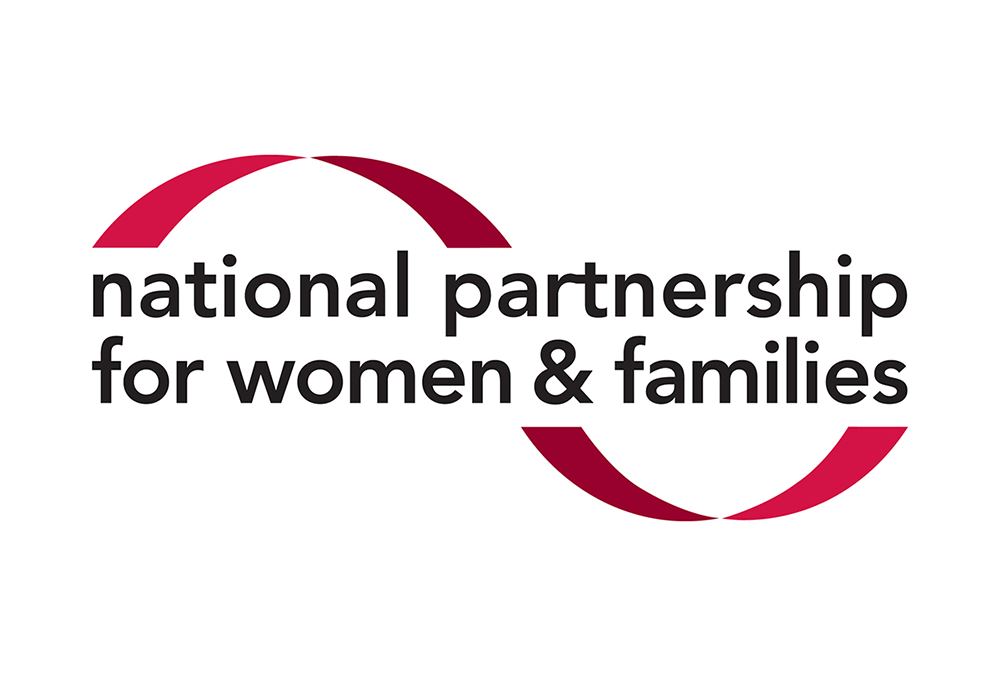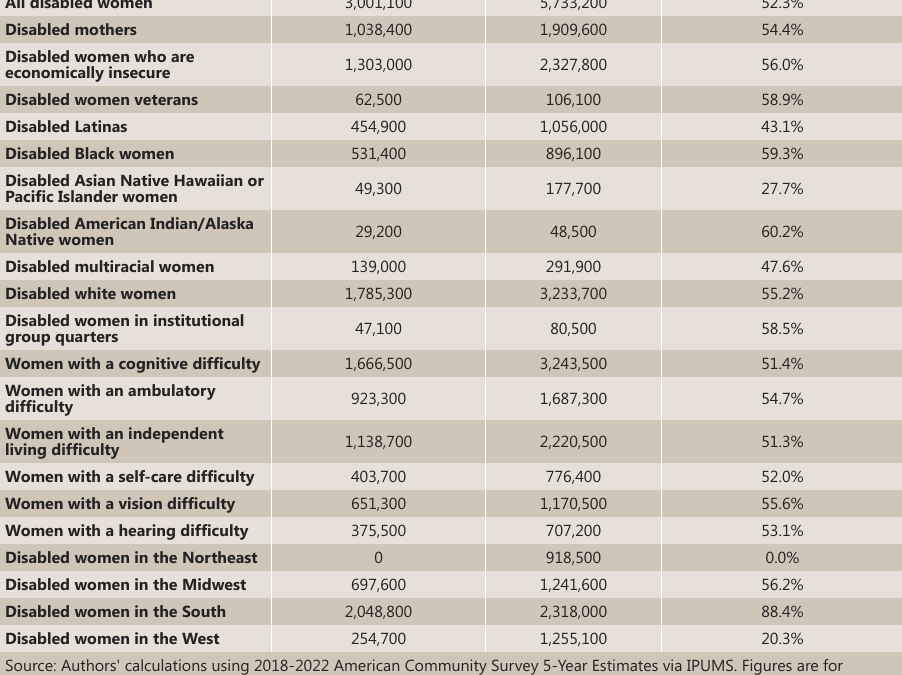Statement of Jocelyn Frye, President of the National Partnership for Women & Families WASHINGTON, D.C. – June 28, 2024 – Today, the Supreme Court upended sound, longstanding, legal precedent that has provided protections for everyday people for decades...
Advancing Reproductive Health Privacy, Mitigating Criminalization
The new HIPAA rule prohibits regulated entities from using or disclosing protected health information (PHI) for the purposes of conducting a criminal, civil, or administrative investigation into or imposing liability on anyone for the mere act of seeking, obtaining, providing, or facilitating lawful reproductive health care.

Democracy & Abortion Access: Restrictive Voting Laws Across States Threaten Freedoms
Our research finds that the states with the most restrictive abortion access policies are also the states with the greatest barriers to voting. This brief explores the intersection of state abortion policy and restrictive voting policies, showing how structured inequities are cemented into how our democracy functions to disadvantage women and people of color.
State Abortion Bans Threaten Nearly 7 Million Black Women, Exacerbate the Existing Black Maternal Mortality Crisis
Analysis from the National Partnership for Women & Families and In Our Own Voice: National Black Women’s Reproductive Justice Agenda reveals the harmful impact of Dobbs on Black women. We find that more than 6.7 million Black women – 57 percent of all Black women ages 15-49 – live in the 26 states that have banned or are likely to ban abortion.

State Abortion Bans Harm More Than Three Million Disabled Women
The Dobbs decision has only compounded the longstanding barriers to abortion care that disabled people face, including provider discrimination and lack of training or experience with disabled patients, guardians dictating decisions about their reproductive care, denials of care and assistance among religiously-affiliated service providers and intermediate care facilities, transportation difficulties, inaccessibility in health care facilities, and layers of economic obstacles to affording the costs of care.
What’s the Wage Gap in the States?
You deserve to be paid fairly. It’s that simple.

Democracy & Abortion Access
In a political landscape that moves the question of abortion access to the states, NPWF demonstrates the connection between the representation of women and women of color in state legislatures and better policy outcomes for those seeking abortions.
Black Women’s Maternal Health
The reproductive health of Black women has long been compromised by interpersonal, institutional, and structural racism. In addition to contending with social and economic drivers of poor health that undermine Black Americans, they have experienced discriminatory health care practices and abuse from slavery to the present.

State Abortion Bans Threaten 6.7 Million Latinas
The Dobbs decision has unique impacts on Latina communities.

Las prohibiciones estatales para el aborto amenazan a 6.7 millones de Latinas
La decisión de anular Roe v. Wade ha perjudicado a millones de personas en todo el país, impidiendo su acceso al aborto, alterando su futuro económico y poniendo en riesgo su salud e incluso sus vidas. La decisión de Dobbs tiene impactos únicos en las comunidades Latinas.
What Real Paid Leave is – and What It Isn’t
For a truly just, equitable program that works for the people who need it the most and is feasible and affordable for small businesses, any paid leave program must be the following five things.
Rejecting Business as Usual
Black women workers are a critical backbone of the economy. As demonstrated during the COVID-19 pandemic, women were the majority of essential workers who continued to work during the pandemic, providing vital services and sustaining the nation’s economy throughout the public health emergency. Black women disproportionately work in many of these essential roles
Learning Our Lesson: COVID-19 Emergency Paid Sick Leave Showed the Value of a Robust, Permanent Paid Leave Policy
This brief reviews the research and evidence about workers’ and employers’ need for and use of emergency sick and family leave, implementation and enforcement, and the costs and benefits of the program.
State Abortion Bans Harm More Than 15 Million Women of Color
Dobbs v. Jackson Women’s Health Organization is a decision that is about access to essential healthcare, but also much more than that. It is, at its core, a decision — deeply rooted in sexism and racism — about the role women and people who can become pregnant play in our society.
New Data Show Why Caregiving Supports Are Especially Important for LGBTQI+ Parents
Amid the context of widespread discrimination and escalating political attacks, a new analysis of Household Pulse Survey data from the National Partnership for Women & Families sheds light on the economic challenges of LGBTQI+ parents and caregivers of children.
How Data Collection Can Help Close the Wage Gap
While overall wage gap measures provide important insight, digging deeply into differences by race, industry, occupation and more is critical.
Discrimination While Pregnant
Any pregnant person may experience pregnancy discrimination. But because of the ways that racism, sexism and ableism have structured the United States economy, pregnant workers’ need for accommodations — and the harms they may face if unable to access accommodations — can differ significantly. Women and people of color are especially likely to be in jobs that are higher risk and lack adequate health and safety protections.
Historic Investments in Good Infrastructure Jobs Can’t Leave Women Behind
The bipartisan Infrastructure Investment and Jobs Act (IIJA) provides one of the most significant investments in the creation of good jobs in recent years. However, without intentional efforts to address occupational segregation in the key industries funded by the law, women could miss out on more than a million jobs in the next decade.
Using Paid Sick Days for Medication Abortion
The availability of paid sick days for medication abortion is an essential component of ensuring that people can access care that best suits their needs and preferences, and do so in ways that protect both their health and economic security.
Called to Care
Too often in our country’s history, the ability to take time to care for yourself and others while maintaining your economic security has been predominantly reserved for the white and wealthy few. Yet, it is through providing care for one another that we knit together the bonds of our families and communities.
America’s Workers Must Have Paid Sick Days and Paid Leave to Open the Economy Safely
Gaps in newly-enacted federal coronavirus legislation leave up to 106 million workers nationwide without emergency leave protections, with women and workers of color more likely to be affected.

